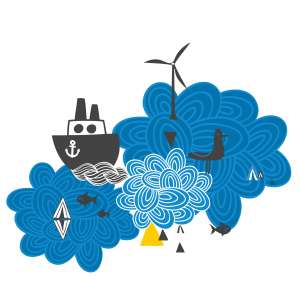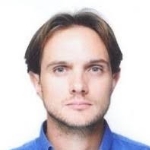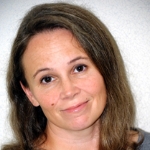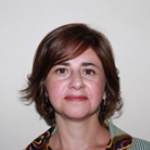



In this workshop, the agenda is set by the participants. That’s you!
Anyone can suggest a topic.
Everyone can vote for a topic.
One topic will be dealt with at the workshop. Or possibly two.
Rule #1: Whoever shows up are the right people
Rule #2: Whatever happens is fine
Rule #3: Whenever it starts is the right time
Rule #4: It is over when it’s over
Still, a proposed layout is this:
Topics should be suggested during day 1 and 2 of the conference. Voting will be done before the workshop.
What do you want? Join in!
Current research on underwater heritage as well as topical cross-sector and participatory approaches result in new spatial concepts, such as underwater landscape. These could act as new kind of tools for underwater heritage management and MSP planning. The workshop will help to understand what kind of tools are used in other countries, outside the BalticRIM partnership, or outside the EU member states for the integration of Maritime Cultural Heritage (MCH) into MSP. In terms of multiuse and MCH, which sectors have the potential to form synergies? It will facilitate two-way communication between the MSP planners and MCH experts. It seeks to promote good working practices, both as knowledge-sharing tools and as MSP tools.



Ocean Literacy has been defined as the understanding of human influence on the ocean and the ocean influence on humans. It is not only about increasing awareness on the state of the ocean, but it is also about providing tools and approaches to transform ocean knowledge into actions that promote ocean sustainability. Ocean Literacy as a concept and approach is radically evolving from being a tool to be applied in formal education and training contexts to a tool and an approach for society as a whole, aimed at triggering actions towards ocean sustainability.
The objective of this session is to present recent developments in ocean literacy, especially in view of the upcoming UN Decade of Ocean Science for Sustainable Development. Moreover, the workshop will discuss the links between ocean literacy and MSP. Understanding of the impact of the ocean on human life, and of people on the ocean – the official ocean literacy definition – has the potential to engender greater levels of public awareness, knowledge and capacity to support MSP implementation.

Francesca Santoro works for the Intergovernmental Oceanographic Commission (IOC) of UNESCO where she is in charge of ocean literacy activities. She holds a PhD in analysis and governance for sustainable development from the School for Advanced Studies in Venice (SSAV) with specialization in marine environmental sciences, marine governance, science education and communication. She joined UNESCO in 2011

Pan Baltic Scope brings together national authorities and regional organizations towards coherent national maritime planning in the Baltic Sea region and enhances the lasting macro-regional mechanisms for cross-border MSP cooperation.
CONTACTS
PROJECT LEADER AND COORDINATOR
Ingela Isaksson
Swedish Agency for Marine and Water Management
E-MAIL ADDRESS:
ingela.isaksson@havochvatten.se
MOBILE PHONE NUMBER:
0046 (0)703 662 529
CONTACTS
COMMUNICATION MANAGER
Liene Strazdina
VASAB Secretariat
E-MAIL ADDRESS:
liene.strazdina@vasab.org
MOBILE PHONE NUMBER:
+371 29 703 572